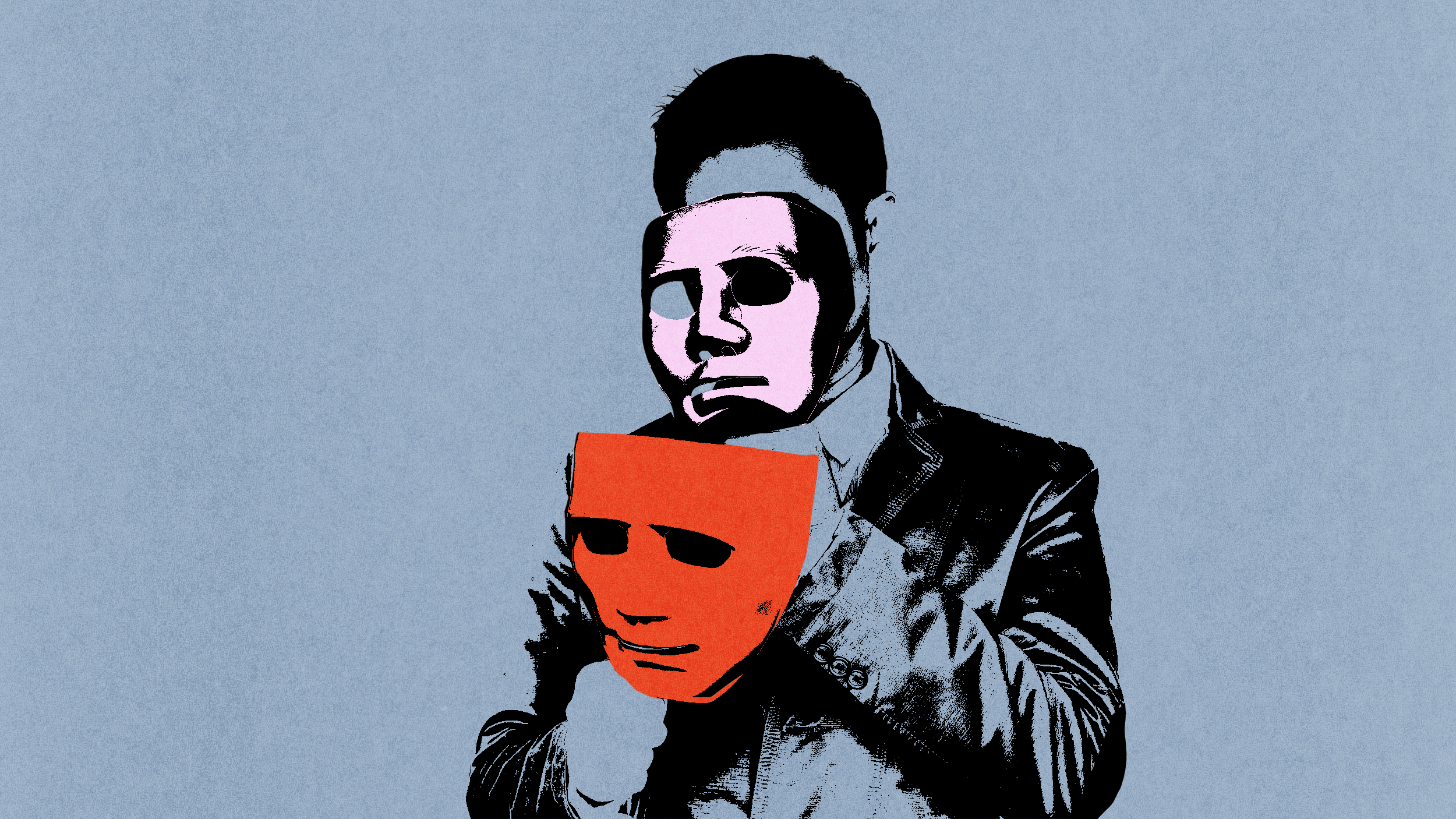Plutocracy: The New Manifest Destiny

Over the summer, I had the opportunity to be at the historic K’s Hamburger in Troy, Ohio. For generations, republican presidential candidates have been stumping at this little hamburger shop in Troy’s picturesque downtown. The line to get into Governor Mitt Romney’s rally there last June was long as dozens of people waited in the heat for their turn to pass through tight security. As a pro-gay marriage, pro-social programs, pro-choice activist, I chatted with a few of his supporters.
One of the people I spoke with was a young African American man, dressed like most everyone else in line—t-shirt and jeans. He said that he supported Governor Romney wholeheartedly, and that the media uproar over the alleged off-shore accounts scored bonus points. He wanted to know how to hide his money, too.
This man shared the sentiments of so many Romney supporters I’ve spoken with: the desire to join the 1-percent. It’s an exclusive club with benefits that are unimaginable to the average American. As Romney himself said, “We’re not the party of the rich. We’re the party of the people who want to get rich.”
Despite what some pundits may argue, there is no class war in America. The issue is more complicated than that. America is not facing a war of rich against poor, but a war of values. There are billionaires, Warren Buffett and George Soros, who advocate stronger social safety nets and outcry that they should be paying more in taxes to help the poor. And then there are working class Americans, increasingly vulnerable to the global economy and continued deregulation, supporting a candidate who views them as the hand-out hungry and self-pitying 47-percent. (Though Romney apologized for this leaked “gaffe,” his campaign platform, which included abolishing “immoral” FEMA, reflects this ideology.)
Plutocracy–a government by the wealthy–will do to many Americans what Manifest Destiny did to Native Americans. The middle-class, poor, and nearly affluent who want to join the plutocracy are frightening. With their votes, voices, and donations, they are driving the New Manifest Destiny, inspired by promises of power and wealth at the expense of the less fortunate. We average Americans, even those with plutocrat dreams, are increasingly being threatened by the same greedy values that made large populations of Native American“melt and vanish.” From The Conspiracy of Pontiac published in 1851, written by American historian Francis Parkman, indigenous communities were “destined to melt and vanish before the advancing waves of Anglo-American power, which now rolled westward unchecked and unopposed.”
One could argue that the New Manifest Destiny is already in full swing. As Ken Shadford, a New York City resident, tweeted Monday night during the hurricane: “Fact that NYU hospital is dark but Goldman Sachs is well-lit is everything that’s wrong with this country.” For the back story on how this is possible, watch Charles Ferguson’s Academy Award-winning documentary on the financial crisis Inside Job. It details the “unchecked and unopposed” power of our financial system that accounts for the recent explosion in extreme wealth.
Exploring this brave new world is Chrystia Freeland, the editor of Thomson Reuters Digital, in her latest book Plutocrats: The Rise of the New Global Super-Rich and the Fall of Everyone Else. In it, she shares her stories of interviewing some of the world’s elite–multimillionaires and billionaires. She lets us in on their surreal lifestyles, and presents an in-depth analysis on the economics and politics that made their warped realities possible.
Here are some interesting insights into Plutocrats, a book that’s essential reading to understand one of the world’s most pressing issues–gross financial inequality.
From an excerpt of Plutocrats on Bill Moyers:
Consider America’s economic recovery in 2009–2010. Overall incomes in that period grew by 2.3 percent — tepid growth, to be sure, but a lot stronger than you might have guessed from the general gloom of that period. Look more closely at the data, though, as economist Emmanuel Saez did, and it turns out that average Americans were right to doubt the economic comeback. That’s because for 99 percent of Americans, incomes increased by a mere 0.2 percent. Meanwhile, the incomes of the top 1 percent jumped by 11.6 percent. It was definitely a recovery — for the 1 percent.
From Freeland’s interview with NPR:
So how are the super-rich that Freeland interviewed different from the super-rich of the past — say, 1955? Well, there are many more of them, and they’re a lot richer than they used to be.
“One of the things which is really astonishing is how much bigger the gap is than it was before,” she says. “In the 1950s, America was relatively egalitarian, much more so than compared to now.” CEOs earn exponentially more now, compared with their workers, than they did 60 years ago.
Freeland says she’s worried about what she calls an inevitable human temptation — that people who’ve benefited from a mobile society, like America, will get to the top and then rig the rules to benefit themselves.
“You don’t do this in a kind of chortling, smoking your cigar, conspiratorial thinking way,” she says. “You do it by persuading yourself that what is in your own personal self-interest is in the interests of everybody else. So you persuade yourself that, actually, government services, things like spending on education, which is what created that social mobility in the first place, need to be cut so that the deficit will shrink, so that your tax bill doesn’t go up.
“And what I really worry about is, there is so much money and so much power at the very top, and the gap between those people at the very top and everybody else is so great, that we are going to see social mobility choked off and society transformed.”
Both sides of the political aisle scream about class warfare and use this rhetoric to fan movements. The only movement that matters–the silver bullet, so to speak–will be campaign finance reform that closes all loopholes and takes the money out of politics. We as a society can no longer afford to be a Wall Street government. What will save us?: Fighting again to become a democracy for the people. Sounds idealistic, but it’s become a matter of survival.





